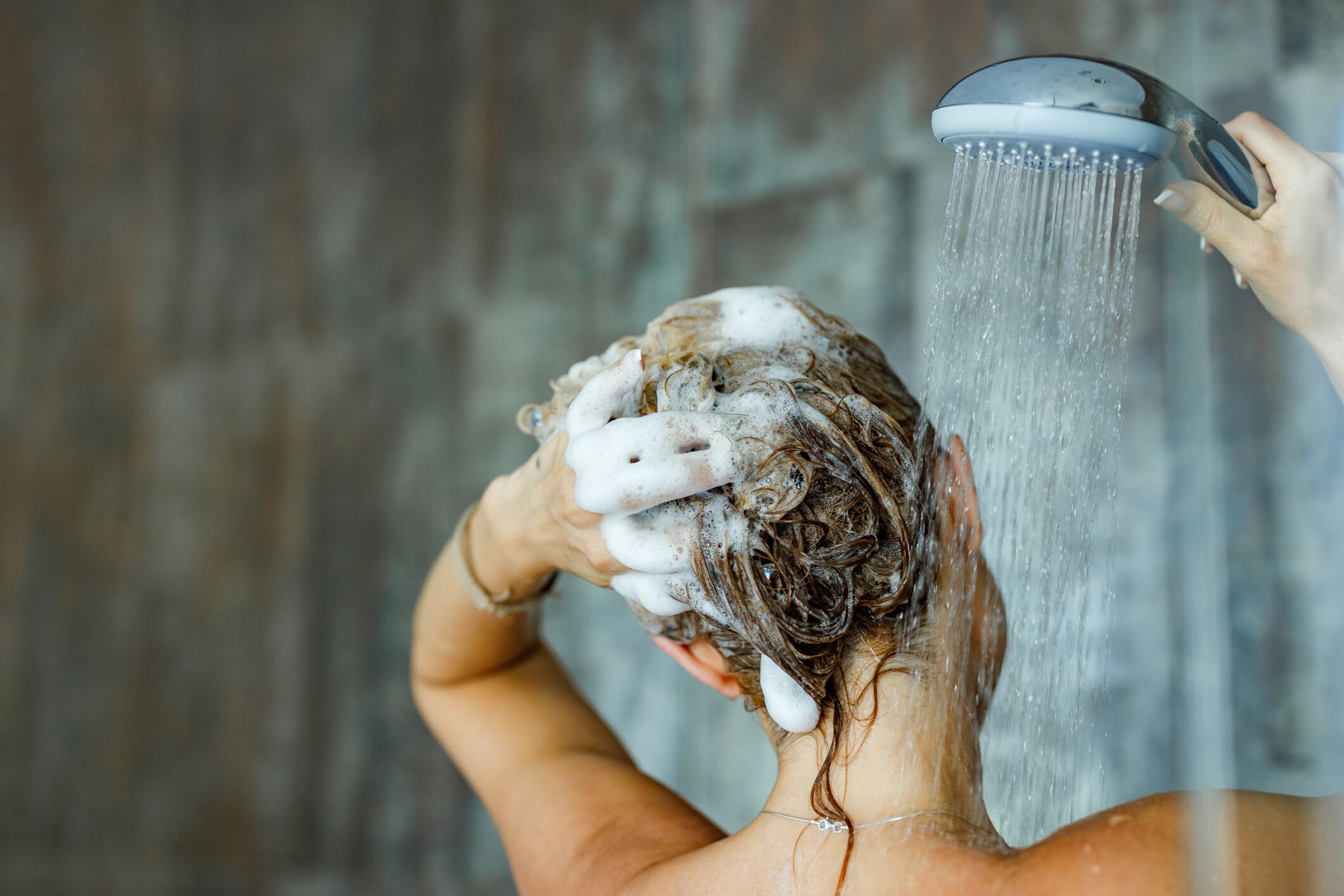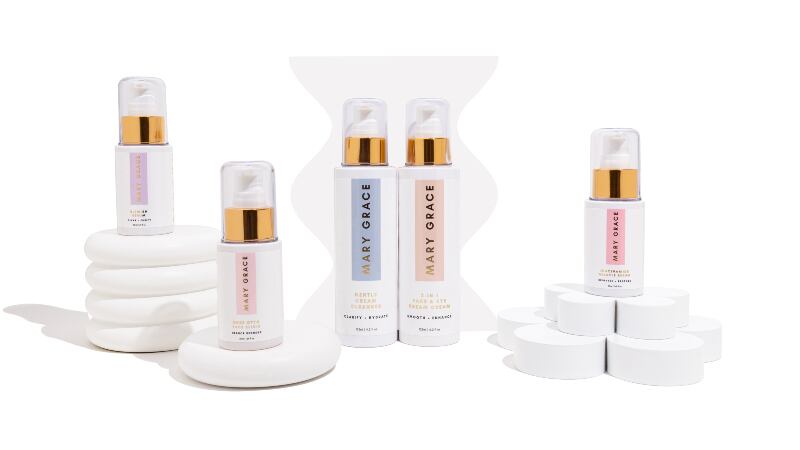While the results were not qualitative, the authors summarized that there was no adverse reaction and the shampoos could be stimulating microbiota.
The two main microbiota found on the scalp are prokaryotic (bacteria) and eukaryotic (fungal). An imbalance in these microbiota can lead to scalp conditions like dandruff. The authors sought to study whether non-antimicrobial shampoos would affect scalp microbiota.
“Interestingly, hardly anything is known about the effect of non- antimicrobial/non anti-dandruff shampoos on the scalp microbiota,” wrote researchers from Furtwangen University and Henkel AG & Co KGaA. “So far, the use of shampoo has not been regarded as a major factor in determining human scalp microbiota composition.”
Participants used one of the two shampoos for two weeks and their scalps were swabbed before and after daily use. There was a total of 50 participants, who were evenly divided into two groups: shampoo one (p1) and shampoo two (p2). Only participants with straight hair were included and hair coloring or treatments were prohibited prior to the study.
The researchers analyzed microbiota cell counts and DNA extraction of molecular analyses and found typical microbiota on participants’ scalps, including Staphylococcus, Cutibacterium, Lawsonella and Malassezia and Demodex.
“Over an application period of 2 weeks, the investigated shampoo induced quantitative but no qualitative changes in the scalp microbial community structure of the investigated probands, suggesting no adverse but rather preserving or even stimulating effects of the underlying formulations on the scalp microbiota.”
To determine whether the shampoos being study affected scalp microbiota, the authors analyzed aerobic germ counts and other microbial diversity parameters.
When they compared germ counts before versus after application of each shampoo, they found an increase in numbers after application. Shampoo one showed a statistically significant increase in cultivable bacteria and fungi. Shampoo two only showed a significant change for fungal numbers, not bacterial.
“As skin hydration is an important parameter for skin microbial counts,” the authors wrote, “it might be carefully speculated that an improved skin hydration status, along with the excreted lipids from the glands, might be responsible for the observed changes.”
The authors also compared the microbial diversity of participants by age group. They classified them into three groups: Under 40, 40-55 and over 55. They found that there was a relationship between age and bacterial composition, but not one for eukaryotes. Microbiota diversity was higher for older participants, suggesting that diversity increases with age.
“Our data suggest that the studied shampoo formulations did not significantly alter the relative scalp microbial community composition during a two-week application period,” the authors wrote, “and largely positively influenced scalp germ counts, suggesting a ‘microbiome-friendly’ character of the investigated formulations.”
Source: International Journal of Cosmetic Science
2023; 00:1–9, DOI: 10.1111/ics.12895
“Effect of two shampoo formulations on the prokaryotic and eukaryotic microbiota composition of the human scalp”
Authors: S. Jacksch, et al.




